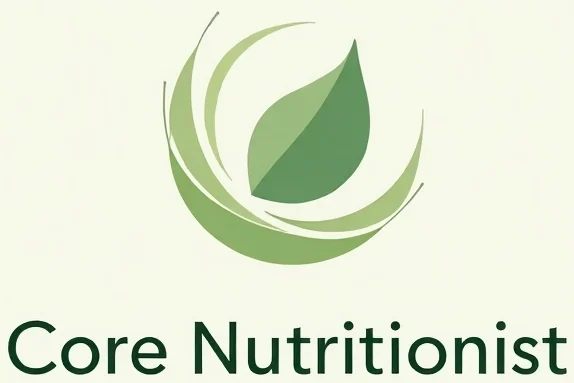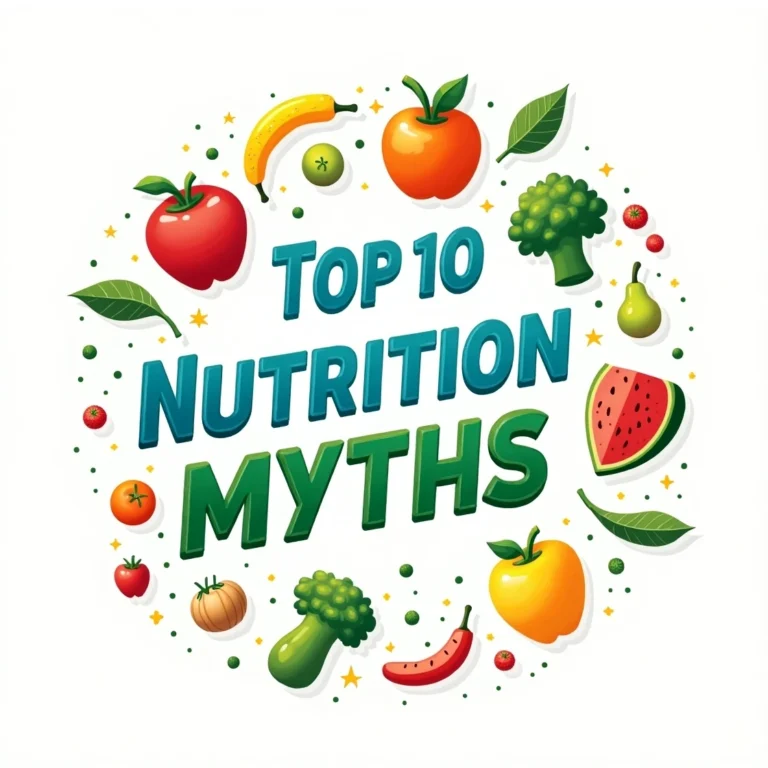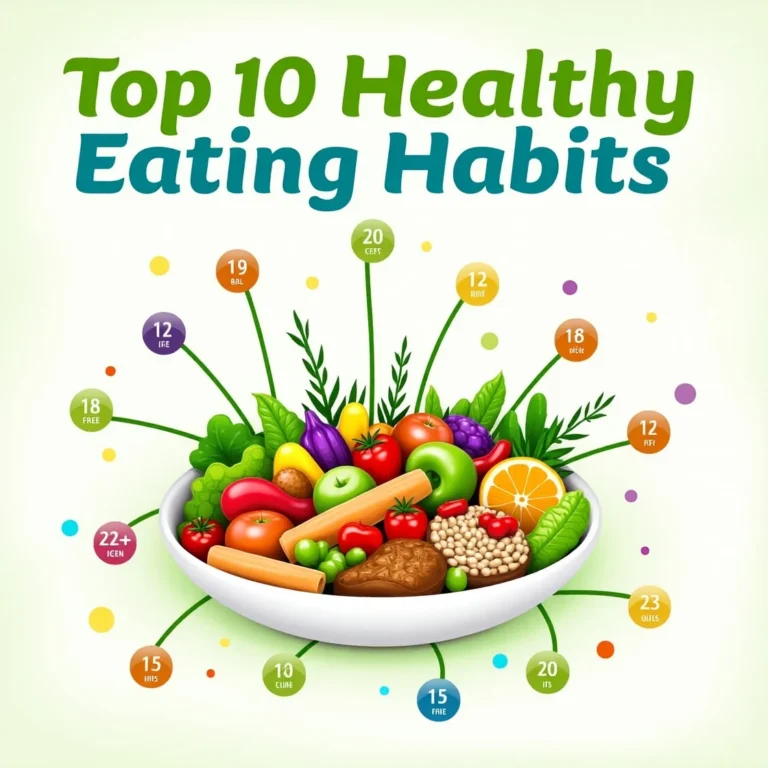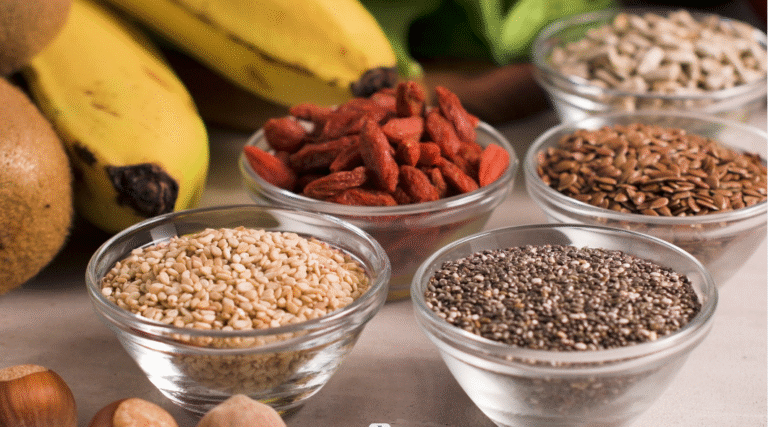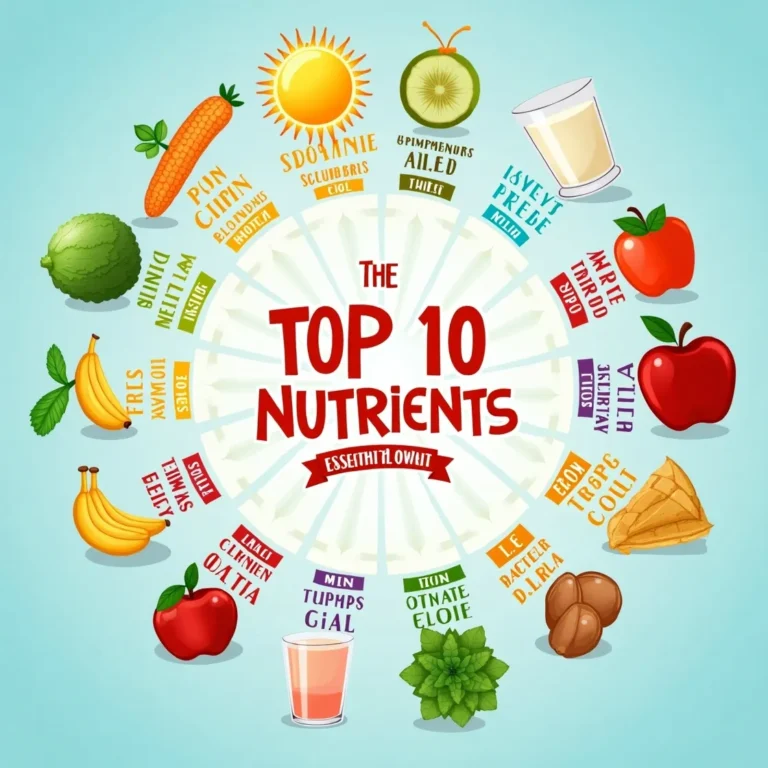Top 10 Nutrition Tips for a Healthy Lifestyle
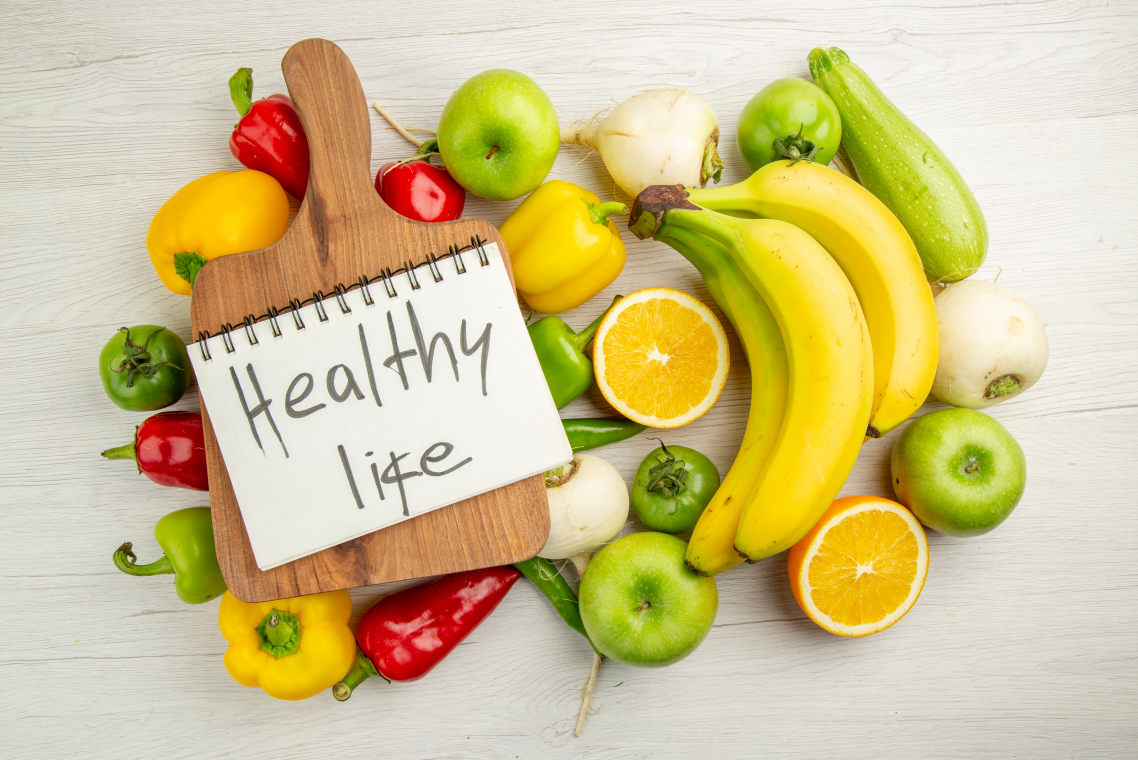
Living a healthy lifestyle is not just about regular exercise—nutrition plays an equally important role. A well-balanced diet provides the body with essential nutrients that help maintain energy, support bodily functions, and prevent chronic diseases. While there’s no one-size-fits-all approach to nutrition, following general guidelines can lead to significant improvements in your overall health and well-being.
Here are the top 10 nutrition tips that can help you build and maintain a healthy lifestyle.
1. Eat a Variety of Foods

Why Variety Matters
Consuming a wide range of foods ensures that your body gets all the nutrients it needs to function effectively. Different foods offer different vitamins, minerals, and antioxidants.
How to Incorporate Variety
- Include fruits and vegetables of different colors.
- Switch between different protein sources such as fish, legumes, eggs, and lean meats.
- Incorporate whole grains like oats, quinoa, and brown rice.
- Rotate healthy fats like avocados, nuts, seeds, and olive oil.
Eating diverse foods also makes your meals more interesting and reduces the chances of nutrient deficiencies.
2. Prioritize Whole Foods Over Processed Foods
Whole Foods vs. Processed Foods
Whole foods are those that are minimally altered and close to their natural state. Processed foods, on the other hand, often contain high levels of sugar, salt, unhealthy fats, and preservatives.
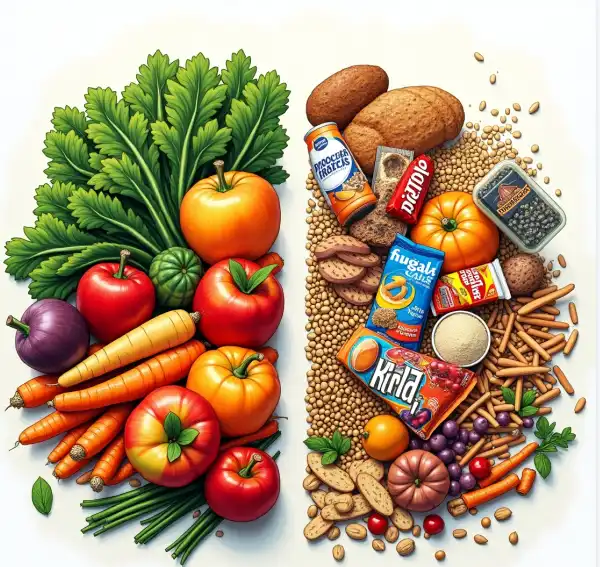
Why Choose Whole Foods
- Richer in nutrients and fiber.
- Lower in added sugars and unhealthy fats.
- Supports better digestion and energy levels.
Examples of Whole Foods
- Fresh fruits and vegetables
- Whole grains like barley and bulgur
- Lean proteins such as grilled chicken or baked fish
- Unprocessed dairy products like plain yogurt
3. Stay Hydrated
The Role of Water
Water is essential for almost every bodily function, including digestion, circulation, and temperature regulation. Dehydration can lead to fatigue, poor concentration, and even kidney issues.
Hydration Tips
- Aim to drink at least 8 glasses (2 liters) of water a day.
- Increase intake in hot weather or during exercise.
- Include hydrating foods like cucumbers, watermelon, and oranges.
- Limit sugary drinks, as they can lead to weight gain and dental problems.
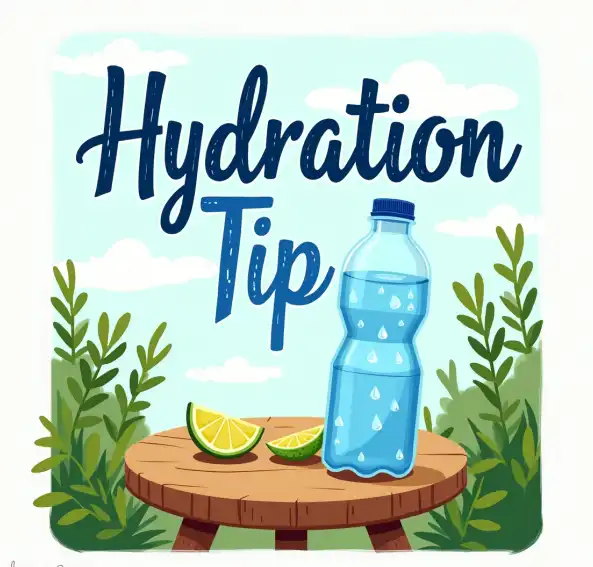
A Simple Rule
If you’re feeling thirsty, you’re already slightly dehydrated—so make hydration a habit, not just a response.
4. Control Portion Sizes
Why Portion Control Matters
Even healthy foods can contribute to weight gain if consumed in large quantities. Portion control helps maintain a healthy weight and prevents overeating.
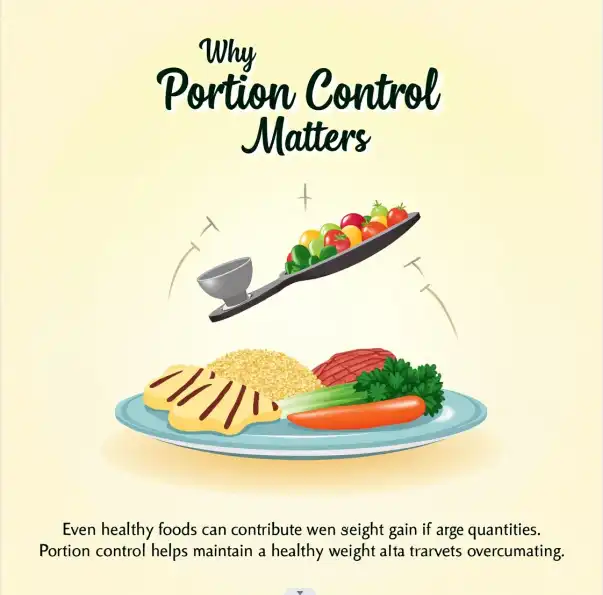
Practical Tips
- Use smaller plates and bowls.
- Avoid eating directly from large packages.
- Eat slowly and listen to your hunger cues.
- Don’t skip meals to “save calories” for later—this often leads to overeating.
Mindful Eating
Being aware of what and how much you eat improves your relationship with food and reduces the likelihood of binge eating.
5. Limit Added Sugars and Salt

The Hidden Dangers
Excessive sugar and sodium are linked to heart disease, obesity, and diabetes. They are often hidden in processed foods and beverages.
How to Cut Back
- Read nutrition labels to identify hidden sugars and sodium.
- Choose natural sweeteners like honey or fruit in moderation.
- Cook at home to control ingredients.
- Flavor food with herbs and spices instead of salt.
Watch Out For:
- Soft drinks, flavored yogurts, and sauces.
- Frozen meals and canned soups.
- Packaged snacks like chips and crackers.
6. Eat More Fruits and Vegetables
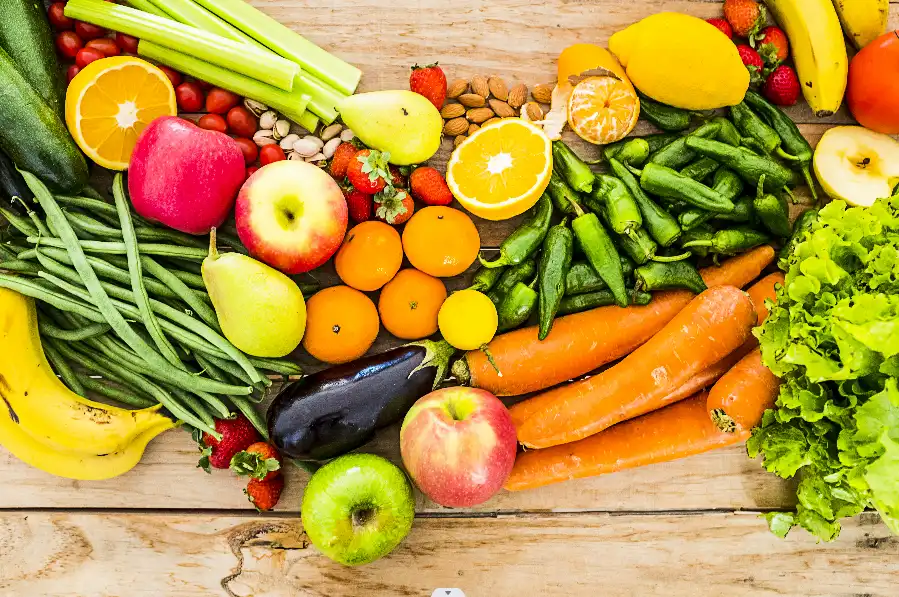
Nutrient Powerhouses
Fruits and vegetables are rich in vitamins, minerals, antioxidants, and dietary fiber. They support immune function, reduce inflammation, and aid digestion.
How Much to Eat
- Aim for at least 5 servings per day.
- Include both raw and cooked varieties.
- Incorporate them into every meal—add berries to breakfast, a salad with lunch, and steamed veggies at dinner.
Make It Easy
- Keep pre-cut vegetables in the fridge.
- Carry fruit with you for snacks.
- Try smoothies or veggie-based soups.
7. Choose Healthy Fats
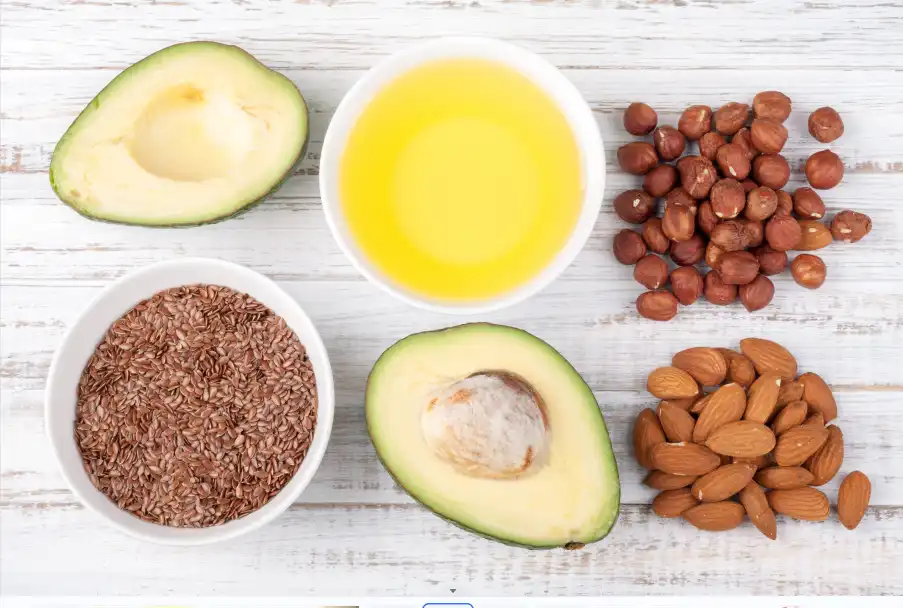
Not All Fats Are Bad
While trans fats and excessive saturated fats can be harmful, healthy fats are essential for brain health, hormone production, and nutrient absorption.
Sources of Healthy Fats
- Avocados
- Nuts and seeds
- Fatty fish like salmon and mackerel
- Olive oil and other cold-pressed oils
What to Avoid
- Fried foods
- Packaged baked goods
- Hydrogenated oils
Balance is key—consume fats in moderation and make smart substitutions.
8. Don’t Skip Breakfast
The Importance of Breakfast
Breakfast kickstarts your metabolism and provides the energy needed for the day. Skipping it can lead to overeating later or choosing unhealthy snacks.

Healthy Breakfast Ideas
- Oatmeal with nuts and fruits
- Whole grain toast with avocado
- Smoothies with leafy greens and yogurt
- Eggs with veggies and a slice of whole-grain bread
Avoid Sugary Cereals
Many breakfast options are loaded with sugar and offer little nutrition. Stick to whole, minimally processed options.
9. Plan Your Meals and Snacks
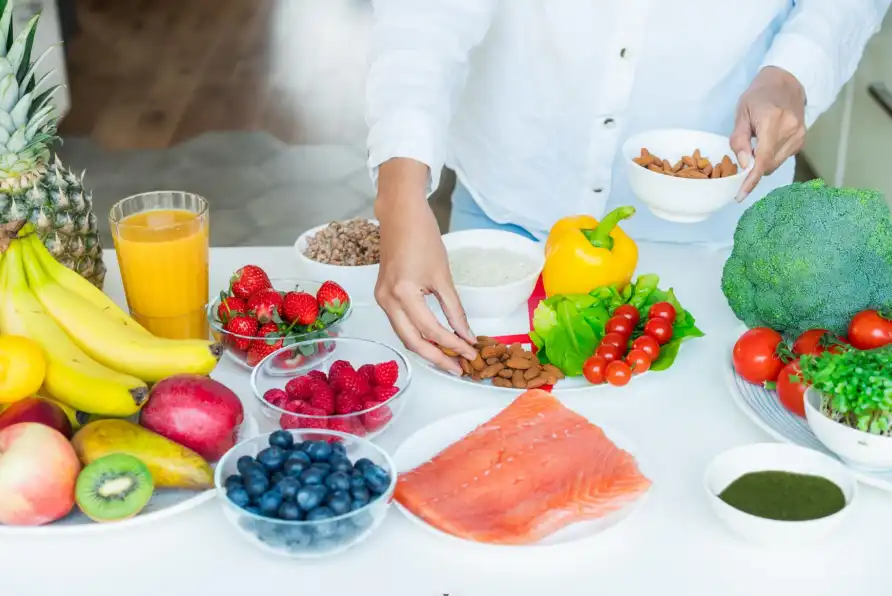
Why Meal Planning Helps
Planning meals reduces the likelihood of grabbing unhealthy options. It helps with portion control, saves money, and ensures balanced nutrition.
How to Start
- Set a weekly menu and shopping list.
- Prep meals in advance when possible.
- Keep healthy snacks on hand like nuts, yogurt, or cut vegetables.
Bonus Tip
Avoid shopping while hungry—you’ll be more likely to buy junk food impulsively.
10. Practice Balance, Not Perfection
The 80/20 Rule
A healthy lifestyle isn’t about rigid restrictions. The 80/20 approach encourages eating nutritious foods 80% of the time and allowing indulgences 20% of the time.
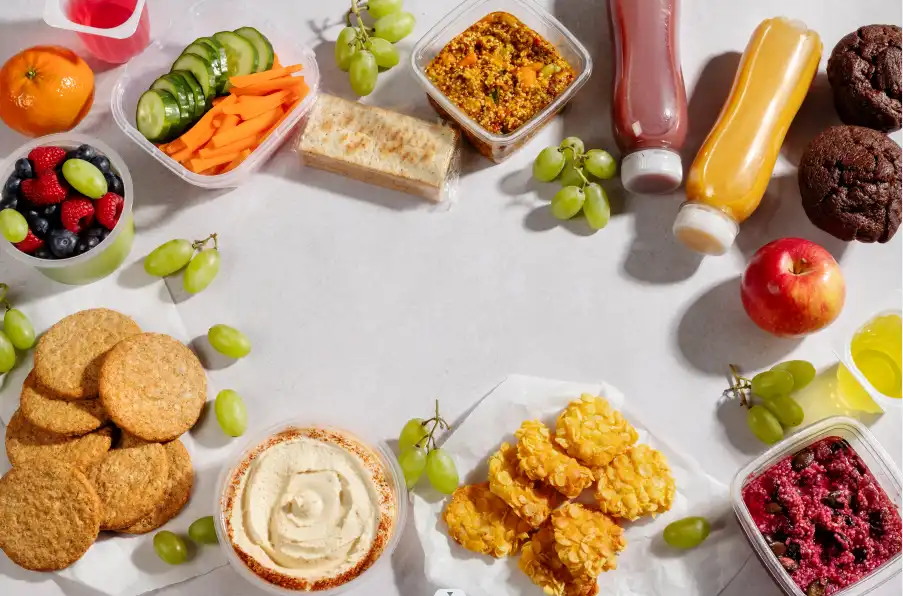
Avoid Guilt
One dessert or cheat meal won’t ruin your progress. What matters is consistency, not perfection.
Build a Positive Relationship with Food
Enjoy your meals, eat mindfully, and avoid labeling foods as “good” or “bad.” All foods can fit into a healthy diet when eaten in the right amounts.
Conclusion
Adopting a healthy lifestyle begins with mindful eating and consistent habits. By following these top 10 nutrition tips—eating a variety of whole foods, staying hydrated, managing portion sizes, and planning your meals—you can significantly improve your health and energy levels. Remember, it’s about making sustainable changes, not drastic overhauls. Start small, stay consistent, and celebrate your progress.
Living well starts with eating well. Take the first step today by implementing one or two of these tips, and build from there. Your future self will thank you.
